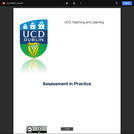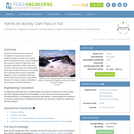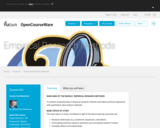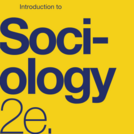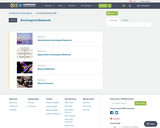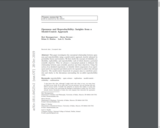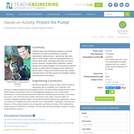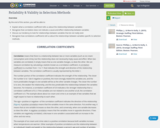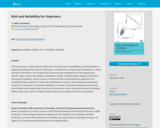Assessment is the gathering of information to improve decision-making. There are many approaches to psychological assessment that can be used to assess people’s thoughts, emotions, and behaviors, including self-report questionnaires, questionnaires reported by others, interviews, observations, biopsychological assessments, performance-based assessments, archival approaches, and combinations of these. However, the field has paid insufficient attention to measurement. There has been a proliferation of pseudoscience in assessment, including inaccurate assessments that can potentially cause harm. It is crucial to use assessments that are supported by science—with strong psychometric properties, including reliability and validity, and to develop better assessments.
This book discusses the principles of psychological assessment to help researchers and clinicians better develop, evaluate, administer, score, integrate, and interpret psychological assessments. It is intended for use by graduate students, faculty, researchers, and practicing psychologists. The book discusses psychometrics (reliability and validity), the assessment of various psychological domains (behavior, personality, intellectual functioning), various measurement methods (e.g., questionnaires, observations, interviews, biopsychological assessments, performance-based assessments), and emerging analytical frameworks to evaluate and improve assessment, including generalizability theory, structural equation modeling, item response theory, and signal detection theory. The book also discusses considerations of ethics, test bias, and cultural and individual diversity.
The book provides analysis examples using the free software, R, to help readers apply the principles to research and practice. The text, analysis code/syntax, R output, figures, and interpretation are all integrated to help guide readers. The book uses the freely available petersenlab package for R, which includes many functions relevant for assessment. The dissemination of these principles and tools will promote the development of more efficient and accurate assessment strategies that will lead to important scientific advancements and improved intervention.

